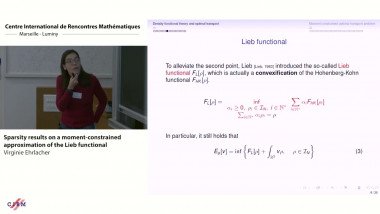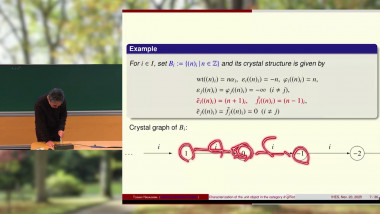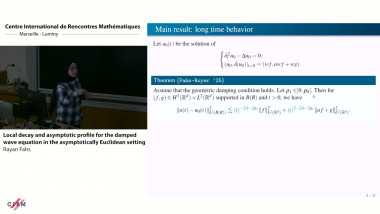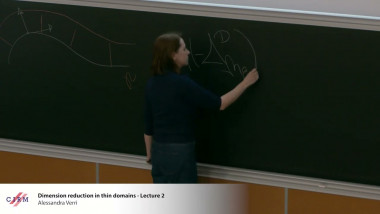Apparaît dans la collection : International workshop on geometric quantization and applications / Colloque international "Quantification géométrique et applications"
Let $G$ be a connected semisimple Lie group with Lie algebra $\mathfrak{g}$. There are two natural duality constructions that assign to it the Langlands dual group $G^\lor$ (associated to the dual root system) and the Poisson-Lie dual group $G^∗$. Cartan subalgebras of $\mathfrak{g}^\lor$ and $\mathfrak{g}^∗$ are isomorphic to each other, but $G^\lor$ is semisimple while $G^∗$ is solvable.
In this talk, we explain the following non-trivial relation between these two dualities: the integral cone defined by the Berenstein-Kazhdan potential on the Borel subgroup $B^\lor \subset G^\lor$ is isomorphic to the integral Bohr-Sommerfeld cone defined by the Poisson structure on $K^∗ \subset G^∗$ (the Poisson-Lie dual of the compact form $K \subset G$). The first cone parametrizes canonical bases of irreducible $G$-modules. The corresponding points in the second cone belong to integral symplectic leaves of $K^∗$.
The talk is based on a joint work with A. Berenstein, B. Hoffman and Y. Li.
















